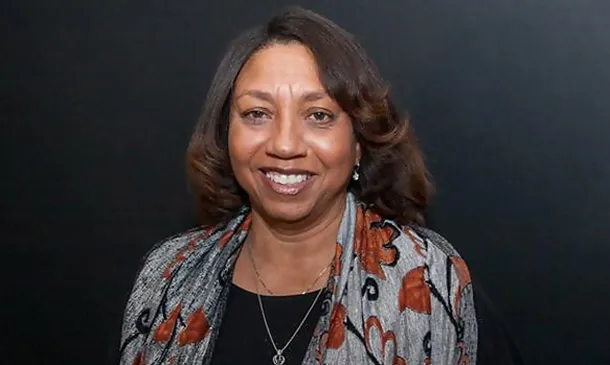Three tips to set up your WE Accelerate project for success
By: Matthew King (he/him)
LLENA (AI) was born out of a need to help people facing daunting questions about their health. Waterloo Experience (WE) Accelerate was also created after identifying a need.
In this case, the needs of first work term students in the University of Waterloo’s co-operative and experiential community.
When Charlotta Carter, founder and CEO of LLENA (AI), was diagnosed with Type-2 diabetes in 2017 she used her software engineering experience to create an artificial intelligence diabetes aid.
The unique thing about Carter’s tool is that it focuses on the patient’s point of view. Carter had worked with the University of Waterloo previously and saw a clear connection between a cybersecurity project she had planned and the skills that WE Accelerate students could offer.

Charlotta Carter (she/her)
Founder and CEO of LLENA (AI)
They were fire coming out of the gate. The students understood what my architects were talking about right off the bat. It wasn't a total handholding experience. They contributed and were making recommendations that we liked. That was impressive.
Following a month of skills training in the WE Accelerate program; the project team took on the LLENA (AI) cybersecurity project as their real-world work experience.
As the students prepared for work on the project, Carter prepared her project for the WE Accelerate students. She identified three key tips that helped prepare her project for success.
Tips for project preparation and onboarding for WE Accelerate:

1. Clearly explain the project requirements and skill requirements.
Projects are vetted by WE Accelerate staff to ensure they align with the skills-training students receive in the previous month. However, students are responsible for choosing the project that interests them the most and aligns with their skillsets. Be clear about the expectations you have for your project team.

2. Outline clear deliverables that can be achieved in the timeframe.
WE Accelerate project experiences span five weeks and approximately 25 hours per week. Give students clear deliverables that they can realistically accomplish within that timeframe. “For example, if it's a back-end implementation, make sure that you have it architected properly and the tools that you want to use are available,” says Carter.

3. Ensure resources are in place before students begin.
Resources can include things like technology, funds and equipment. However, it’s important to plan for mentoring and networking resources as they represent a large part of what WE Accelerate offers and are important for students to be successful. "Ensure the mentorship that you have is available on a daily or every other day basis, so that you can have those meetings to make sure that they are on track and on time,” says Carter.
“I come from an environment where we like to mentor,” says Carter. “That's what we do. I have a passion for helping the next group get into that environment, because somebody helped me."